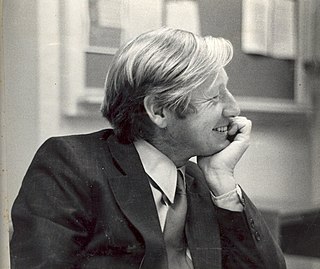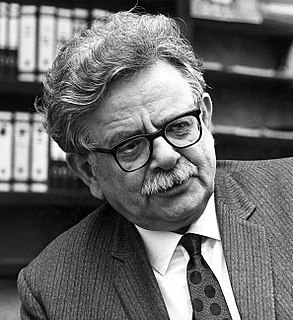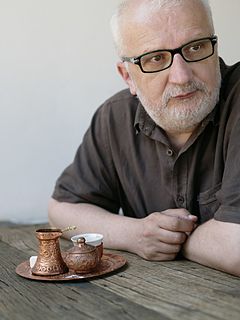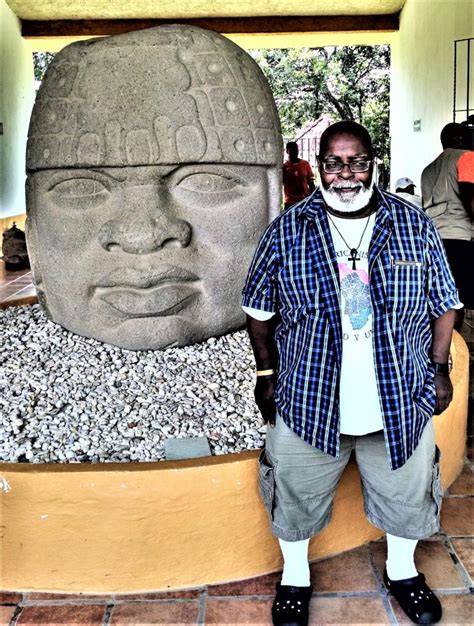A Quote by Daniel Patrick Moynihan
The nature of the new world system was not so different from the old. It was for the moment more stable, but a reasonable forecast would be that Africa in particular had a century of border wars ahead of it.
Related Quotes
In the Christian world, as you remember, Christianity is in the 21st century, Islam is in the 15th century. I don't mean to say that Islam is backward; I mean to say that there are certain experiences that it hasn't gone through. Christianity had the great religious wars of the 17th century. Islam, fortunately for the Muslims, did not have that. Christianity worked out a system of toleration. Islam was always more tolerant of Christendom.
We had the great depression, we had two world wars, we had the flu epidemic. We had oil shock. We had all these terrible things happen. But something about the American system unleashed more and of a potential to human beings over that hundred years so that we had a seven for one improvement in - there's never been any - I mean, you have centuries where if you've got a 1 percent improvement, then it's something. So we've got a great system. And we've got more productive capacity now than we ever have.
I think the challenge of climate change in particular is the challenge for us to create and produce new norms for a new kind of world. And that's why I think as important as the issue of climate change is, it's even more important than it seems because if we can't evolve very quickly, new norms to deal with issues like climate change, we're not going to be able to survive in the kind of world we've created. So I think, really, the whole nature of democracy, of governance, of global community and of solving the kinds of problems of the 21st Century are really at stake.
In short, Europe’s colonization of Africa had nothing to do with differences between European and African peoples themselves, as white racists assume. Rather, it was due to accidents of geography and biogeography—in particular, to the continents’ different areas, axes, and suites of wild plant and animal species. That is, the different historical trajectories of Africa and Europe stem ultimately from differences in real estate.
NATO was formed post-World War II. We're a little bit more than a half-century old. Do we want NATO to go on for another half-century? I think that the answer is, sitting here today: I don't know. If I had to bet on it, I would say, yeah, we have to have these alliances going forward and see who's going to pay for them.
I'm not someone who has a list of great books I would read if I only had the time. If I want to read a particular so-called classic, I go ahead and read it. If I had more time, I would certainly read more, but I'd read the way I always do - that is, I'd read whatever happened to interest me, not necessarily classics.
If we study history and anthropology we will find that all over the world the original people are Black people who migrated from Africa. This is confirmed by recent DNA studies. The only reason that we don't readily accept this is because we are indoctrinated to believe that Africa is the worst place that has ever been. If we had a more positive attitude about Africa we would run to it instead of running from it.
So, in "Melting Pot" the children (about a third of whom were kids of color) sang the line, "America was the new world and Europe was the old," in one stroke eradicating the narratives of indigenous persons for whom America was hardly new, and any nonwhite kids whose old worlds had been in Africa or Asia, not Europe.


































